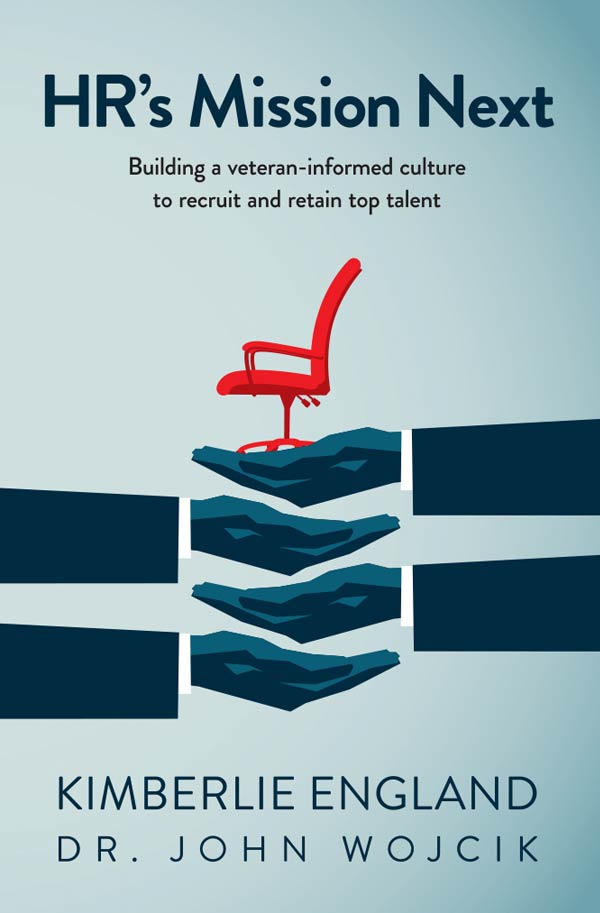The coaches at Mission Next dedicate their time and talent to helping clients take control during times of change. Based on our personal experiences, we had a passion for supporting veterans who were preparing to transition to the civilian workforce, so we spent two years intensely researching why veterans leave their first jobs. John's doctoral research gathered first-hand accounts about why veterans leave their civilian jobs and struggled with transition. We used this research to write two books to help veterans transition from one life phase to another. We have continued our research applying the lessons to help others who struggle in facing their own life transitions.
When we talked to veterans about their transition, they commented "It's like I was the first person to ever leave." Joining the service is easy. Leaving is a whole lot harder. Service members spend months learning their first military occupational skill – and spend years refining and expanding those skills. Becoming an expert doesn't happen overnight; it takes time and hard work. This next transition requires a similar level of dedication and commitment. Close to 65% of active-duty veterans leave their first civilian jobs within 24 months. Mission Next will help transitioning service members avoid being part of that statistic.
Transitioning service members should read Mission Next because it will increase their chances at achieving a smooth transition and finding a job that fits. It's a resource that covers every aspect of the transition from the military to the civilian workforce. Mission Next provides checklists and tips to make the journey easier. It also uses plain English to explain complicated concepts, such as civilian pay and benefits, so service members can make informed decisions about their civilian employment options.
Purchase Book
Organizations all over the country recognize the leadership capabilities and attributes that veterans can bring to their workforce: strong work ethic, mission oriented, being calm under pressure, strategic thinking, dedication, and a sense of urgency. Yet, 65% of veterans leave their civilian organizations within the first 24 months. Surveys say that pay and benefits are the problem, but the research by the consultants at Mission Next revealed a more complicated problem. Veterans leave because they struggle to integrate into cultures that don't understand and recognize their military experiences. What can HR leaders do to attract highly qualified veterans to their organizations, and how can they build a culture where veterans want to stay and perform?
HR's Mission Next was written to help HR leaders in civilian organizations attract and retain veterans. This book helps HR leaders understand why some former service members won't identify as a veteran, why they are such valuable hires, and the challenges they face in transitioning to the civilian workforce. It provides practical advice on writing job descriptions and announcements that are veteran-friendly, unlocking hidden skills from a veteran's resume, and maximizing interviews with former service members to truly understand the talents they could bring to your organization.
Purchase Book
If you have questions, or want to discuss coaching, we'll be happy to engage in a dialogue about how we can help you.
Contact Us